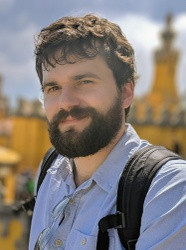Dr Will Handley

Royal Society University Research Fellow
Gonville and Caius Teaching Fellow
Contact information
07781622713
Kavli Institute for Cosmology
Madingly Road
Cambridge
CB3 9HE
United Kingdom
https://www.kicc.cam.ac.uk/directory/wh260
https://github.com/williamjameshandley/
https://www.cai.cam.ac.uk/people/will-handley
Biography
2020-present: Royal Society University Research Fellow (University of Cambridge)
2016-2020: Junior Research Fellow (Gonville & Caius College, University of Cambridge)
2016 July-Sep: Postdoctoral researcher (UCL)
2012-2016: PhD in Physics (University of Cambridge)
2008-2012: MA, MSci in Experimental and Theoretical Physics (University of Cambridge)
CV: https://github.com/williamjameshandley/CV/raw/master/CV.pdf
Research interests
Will Handley is a Royal Society University Research Fellow whose interdisciplinary research programme blends the frontier of data analysis with applications in astronomy, particle physics and beyond.
Since his PhD he has maintained an interest in the initial conditions for inflation, examining the effect that high energy physics and gravity have on the universe a split second after the Big Bang. In addition to theoretical investigation, he also examines the observational consequences of these new theories; testing them against the latest data from microwave telescopes and large scale structure surveys using the University supercomputers.
With his research group he develops novel Bayesian machine learning algorithms for high-dimensional parameter estimation, model comparison and tension quantification using nested sampling. Their current research programme combines nested sampling with the emerging field of Simulation Based Inference; this aims to widen the scope of applications of Bayesian inference, whilst simultaneously bringing interpretability and explainability to modern artificial intelligence methods.
He leads the data analysis team for REACH, a team of cosmologists designing and operating a radio telescope to make an unambiguous detection of the global 21cm signal coming from the cosmic dawn.
As a convener of the GAMBIT cosmology working group, he works with a community of cosmologists, particle physicists and statisticians who use terrestrial collider data in conjunction with astrophysical observations to constrain theories of dark matter, neutrinos and modified gravity.
He collaborates with experts across the fields of gravitational wave analysis, exoplanet discovery, supernova astronomy, and CMB, 21cm & Lyman alpha cosmology, transferring data analysis techniques between fields and developing new methods to solve common problems. Applications beyond cosmology and particle physics include protein folding, telecommunications and Bayesian neural networks.
In 2021 and 2022 he gave the University of Cambridge Part III Physics Master’s course “Relativistic Astrophysics and Cosmology”, covering Einstein’s gravity from the Big Bang to Black Holes in 24 lectures.
 Cambridge Centre for
Cambridge Centre for